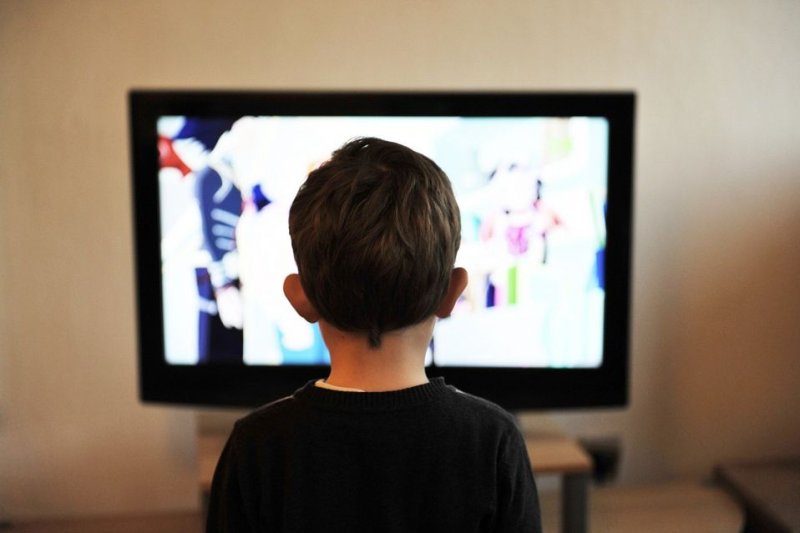Exposure to food advertising appears to increase consumption of those advertised brands among children, a new study suggests. Photo by mojzagrebinfo/
Pixabay
May 2 (UPI) -- Exposure to food and beverage marketing and advertising boosts consumption of these products appreciably among children and adolescents, an analysis published Monday found.
Seeing marketing campaigns for food and beverage products boosts intake of these brands among people age 19 years and younger by up to 25%, the analysis of data from 80 previously published studies showed.
In addition, young people exposed to these campaigns were up to 30% more likely to indicate a preference for the promoted food and beverage brands, the researchers said in an article published Monday by JAMA Pediatrics.
Several studies included in the analysis also suggest that exposure to food and beverage marketing increased purchase requests for certain brands among children and adolescents, they said.
"Our research is further robust evidence that unhealthy food marketing has detrimental effects on eating and related behaviors in young people," study co-author Emma Boyland told UPI in an email.
"Exposure to unhealthy food marketing, whether via TV, digital media or packaging, was associated with significant increases in intake, choice, preference and purchase requests," said Boyland, chair of the department of food marketing and child health at the University of Liverpool in England.
The findings are based on an analysis of data from 80 studies that collectively enrolled more than 19,000 people age 19 years and younger in dozens of countries globally, according to the researchers.
In the United States, the Children's Food and Beverage Advertising Initiative, a voluntary program enacted in 2006, establishes standards for food and beverage product advertising and marketing to children.
Nineteen food and beverage companies have voluntarily pledged to limit unhealthy food advertising to children age 12 years and younger.
However, a recent report by the Rudd Center for Food Policy and Health at the University of Connecticut found that more than one-third of food products advertised to kids are not considered healthy dietary options.
In addition, recent research suggests that social media influencers are promoting unhealthy food choices to young people online and that fast-food companies target Black and Hispanic youth with their advertising.
The World Health Organization recommends that all member countries, including the United States, enact policies to restrict children's exposure to unhealthy food marketing.
"Parents and caregivers are in a tough position, trying to protect their child's wellbeing in an environment that promotes excess consumption of highly palatable, highly processed foods that are not conducive to good health," Boyland said.
"[They] need to balance trying to restrict children's exposure to commercial media, without excessively limiting their access to the benefits of information and social connection, and teaching their children to be critical viewers of these promotional messages," she said.















